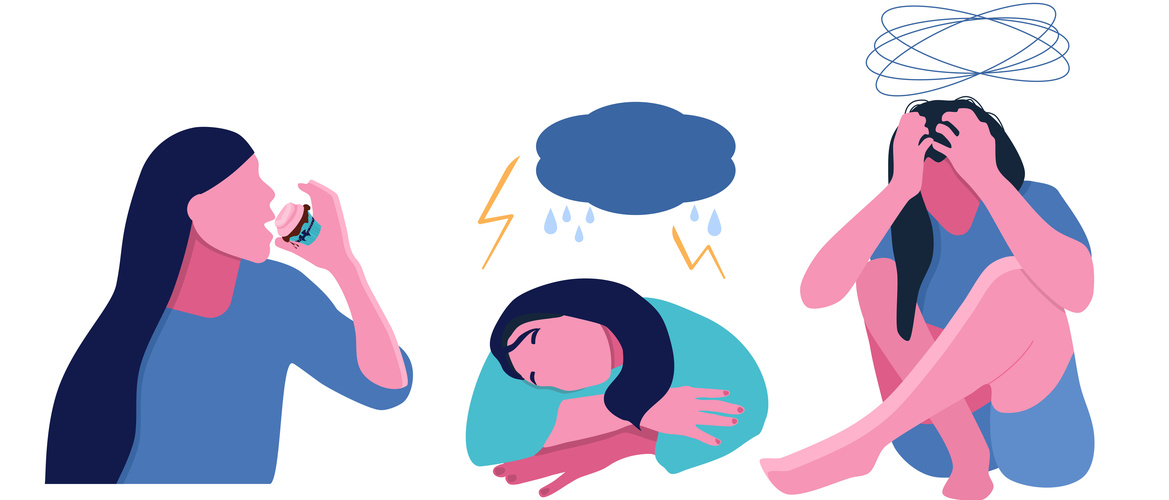
Choose a channel
Check out the different Progress in Mind content channels.

Progress in Mind

Seasonal fluctuations in the symptoms of Alzheimer’s and Parkinson’s Diseases may increase care needs during the cold of the Northern winter. The mid-winter holidays also pose challenges through changes of routine, while reduced ability to participate may lead to distress.
Seasons have a significant impact on cognition in older adults, including those with Alzheimer’s Disease (AD), with a measurable drop in mental ability evident during the northern hemisphere winter.1 This effect was consistent across three observational community-based cohorts (which together included more than three thousand people) and independent of confounding variables such as depression and sleep disturbance.
Winter is significantly associated with impaired cognition and low CSF Aβ 42
Season affects cognition, biomarkers and gene expression
Non-motor PD symptoms worsen in winter
Scores on the Parkinson’s disease non-motor symptom scale show greater disability in winter, according to data from 372 consecutive PD patients.2 The difference is large enough to influence care needs and medication.
The investigators attribute the seasonal variation to altered functioning in the body's master clock, the suprachiasmatic nuclei. Among domains significantly affected are cardiovascular symptoms and perception.
Although problems can occur in summer, vasomotor-related symptoms of cold in the distal limbs – reported by up to 50% of people with PD – are typically associated with winter.3 Cold sensitivity is linked to pain and can be physically disabling.
Social factors can also cause distress
With the associated festivities, midwinter is generally a time of cultural as well as climatic challenge for people with neurodegenerative conditions. Covid-19 has made 2020 exceptional, but the challenges persist.
The season creates opportunities to evoke treasured memories, but also possible distress when circumstances contrast so starkly with the past.
For those in institutions, midwinter brings disruption, with confusing changes in staff and routine. For all, longer hours of darkness make it difficult to distinguish between night and day.
Among potentially helpful suggestions for people with dementia:4
Our correspondent’s highlights from the symposium are meant as a fair representation of the scientific content presented. The views and opinions expressed on this page do not necessarily reflect those of Lundbeck.
1. Lim ASP et al. PLOS Medicine 2018;15: DOI: 10.1371/journal.pmed.1002647
2. van Wamelen DJ et al. Parkinsonism Relat Disord;63:73-6.
3. Kataoka H, Ueno S. Neurol Int 2016;8:6676
4. https://www.alzheimers.org.uk/blog/4-challenges-people-affected-dementia...